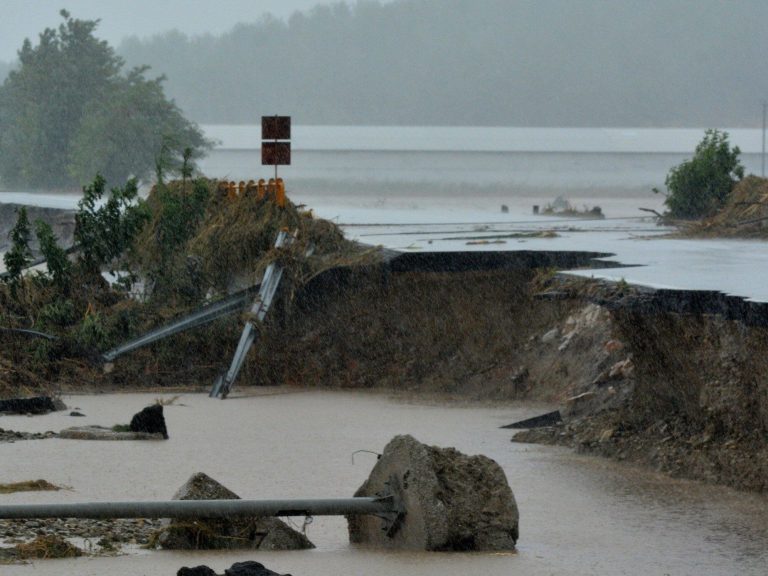The Baltic Sea is becoming more and more polluted. “Rinse water” is to blame

Recent studies have shown that the Baltic Sea is becoming more and more polluted, and ships are to blame. The “washing water” flowing into the reservoir is highly toxic.
When the ferry Marco Polo ran aground off the coast of Sweden in October, the world watched the leaky object's slow journey to port. As a result, tons of oil leaked and reached over 500 birds in Blekinge County.
But such incidents are the tip of the iceberg of the problem facing the Baltic Sea – an almost completely closed arm of the Atlantic Ocean surrounded by nine countries. The reservoir is regularly polluted, and the most insidious source of this pollution is the so-called wash water from ships.
“Rinse water” pollutes the Baltic Sea
Cleaning systems pump and spray seawater onto the exhaust gases produced on ships when heavy fuel oil is burned. They turn them into a liquid before the gases reach the air. This is how highly toxic “wash water” is created, which poisons the Baltic Sea.
Scientists have calculated that more than 200 million cubic meters of this toxic “washwater” are released back into the Baltic Sea from ships every year. However, experts went further and put a price on this pollution. They claim that maritime damage between 2014 and 2022 cost over €680 million. However, shipping companies that have invested in scrubber technology (appliances that absorb some of the gas components through a liquid) have largely recovered the costs and now benefit from continuing to use cheap, heavy fuel oil instead of cleaner fuel.
“We see a clear conflict in which private economic interests come at the expense of the marine environment in one of the most sensitive seas in the world,” says Anna Lunde Hermansson, co-author of the new study published in the journal Nature Sustainability.
Why is “wash water” so toxic?
Scrubbers help reduce air pollution, thus meeting the rules introduced by the International Maritime Organization (IMO) in 2020.
However, sulfur that does not enter the atmosphere is instead absorbed by the water, leading to severe marine acidification and pollution. Heavy metals and toxic organic compounds end up there.
To give you an idea of the scale of the problem, Chalmers estimates that there are over 700 ships equipped with scrubbers in the Baltic Sea, and around 5,000 of them worldwide. This represents about five percent of the total world fleet and – because they usually invest in scrubbers high fuel consumption ships – these five percent account for 25 percent of global heavy fuel oil demand.
“The industry often emphasizes that shipping companies acted in good faith by investing in technology that would solve the problem of sulfur in the air, and therefore should not be penalized. However, our calculations show that most of the investment has already been recovered and this is no longer a valid argument,” says Lunde Hermansson.
According to researchers' calculations, most shipping companies that have invested in scrubbers have already reached the break-even point and are now benefiting from the continued use of cheap fuel. The total surplus by the end of 2022 for all 3,800 vessels examined was €4.7 billion.
The €680 million amount for damage caused by washwater in the Baltic Sea is based on willingness-to-pay models to avoid degradation of the marine environment. However, scientists say this should be considered an underestimate because it did not take into account the direct costs associated with heavy fuel oil leaks from ships using scrubbers.
Sweden has not yet decided whether it will ban the discharge of “washing water” into the Baltic Sea, although in some of its ports – e.g. in Gothenburg – such a rule applies. Denmark recently decided to ban the discharge of “scrubber water” in its territorial waters within 12 nautical miles of the coast. To this end, it joins a number of other European countries, including Germany, France and Portugal.






